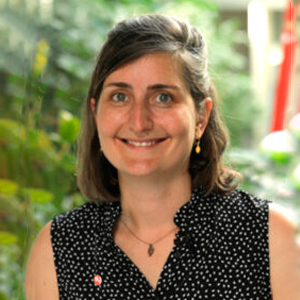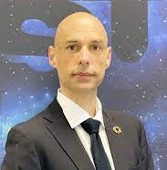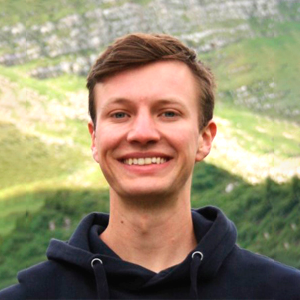
We are used to considering space as an infinite resource. We could not be more wrong. Decades of space exploration have led to tremendous technological progress, bringing crucial services, such as weather forecasting, climate monitoring, global positioning and communications, contributing to economic and social development globally. However, the rising number of satellites launches to already crowded orbits has amplified concerns about preserving the sustainability and safety of the space environment in the long-term. This situation could precipitate as a cascade of collisions would result in orbits being unusable for many generations, thus losing all the vital infrastructure providing services central to sustainable development and economic growth on earth. The goal of the course is to give the students a sense of what space sustainability means and how they can design, operate missions and how to manage space business with a sustainability perspective.
Our Teachers

Sabrina Alam

Vitali Braun

Emmanuelle David

Prof. Jean-Paul Kneib

Nicolas Peter

Minoo Rathnaspabathy

Student Coordinator
Mathieu Udriot
